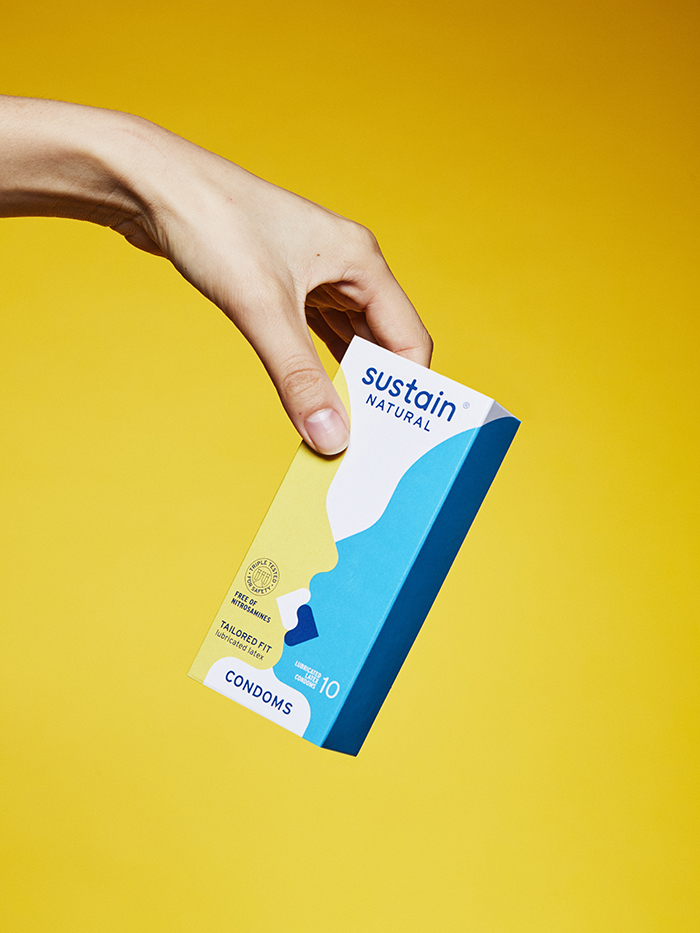Meika Hollender Wants You to Have More Sustainable Sex
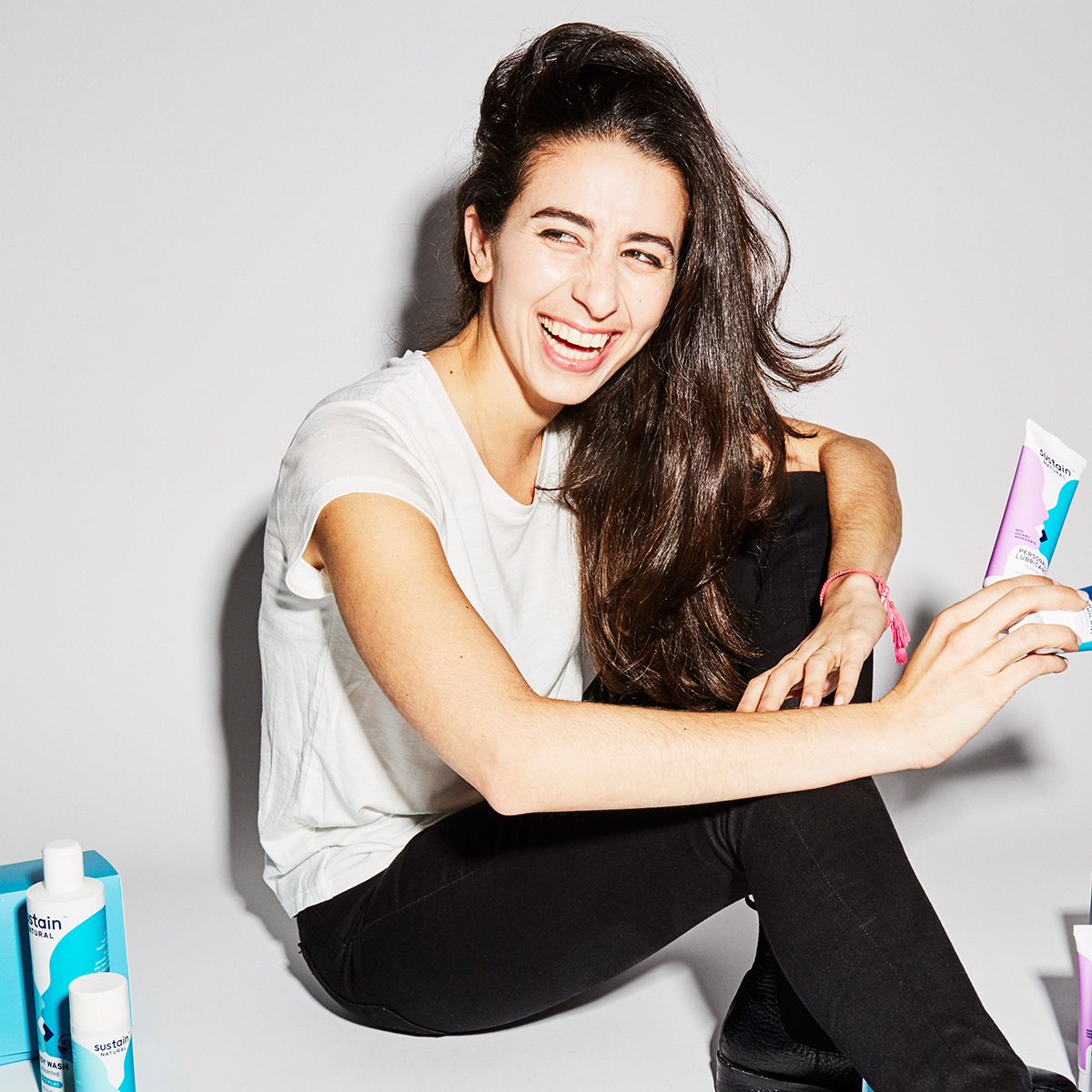
Most people can’t say that they grew up in a wellness bubble, but that’s exactly what it was like for Meika Hollender. As the child of the founders of Seventh Generation, she was raised on the pillars of a healthy, all-natural lifestyle. As a result, her parents always made a point to help them feel comfortable engaging in discussions about all aspects of their well-being, from body and skincare to their sexual health. “I feel fortunate to have a family that appreciates so much more the good that we’re doing for the world over having a successful business,” she says.
In 2014, Hollender went on to become the co-founder of Sustain, a sexual-wellness brand that produces a range of vagina-friendly natural products, including 100% organic cotton pads and tampons as well as vegan and cruelty-free condoms and lube. (In case you were wondering, it’s a father-daughter-run operation, but there are no weird vibes whatsoever between them!) It was only during the development of her company that Hollender realized how taboo it was to talk about sex and sexual health, though.
“I knew there was a need for these conversations and this movement because of all the statistics around unplanned pregnancies and STDs on the rise and stuff like that, but I didn’t realize the extent to which there was a stigma until starting Sustain,” she says. “I assumed that everybody experienced these conversations and was comfortable with these conversations in the same way that I was, which was obviously not the case.”
Almost two years ago, Hollender launched the national Get on Top campaign during Women’s Health Week as a way to facilitate a digital dialogue around sexual health. The official video featured influential women in different fields to further motivate people to take a pledge to practice safe sex, and it received overwhelmingly positive reactions. Despite all of this immediate success, Hollender was unable to promote the campaign on Facebook because of the fact that the video featured the word “sex” throughout. After a meeting with the CEO of Tumblr, Hollender partnered with the social network for a Get on Top activation, which ultimately provided the blueprint for what she needed to do next.
Since then, Hollender has taken all of this knowledge and transferred it into your soon-to-be holy bible, Get on Top of Your Pleasure, Sexuality & Wellness: A Vagina Revolution. As stated in the introduction of the book, Hollender is one of many women out there who are “on a mission to destigmatize female sexuality,” fully committed to the fight for reproductive freedom and orgasm equality. She personally describes her book as a “vagina 101” guide covering everything from reproductive health topics like sexual pleasure, consent, birth control, and S&M to the anatomy of the vagina, periods, and STDs.
“There’s always more to talk about, and I wanted to be a starting point,” says Hollender. “By having the book and opening up to any chapter, you learn something. I learned so much from writing this book, and it forces this conversation. That’s really the point of it, to start the dialogue.”
Scroll down to read our Q&A with Hollender about her all-natural sexual wellness world.
Growing up, how were you educated about sexual health? What was that kind of conversation like for you in your household with your parents?
The way that we talked about sex in the Hollender house growing up was sort of this bigger way that we talked about everything. [Laughs.] My parents just created a really amazing relationship between all of us where we were encouraged to talk about sex, drugs, or relationships in a really open and nonjudgmental way. I think because they created this dynamic where we felt comfortable and trusted them to share with them what was going on without feeling like we were going to be met with some sort of consequence, it allowed us to have really open conversations about these things. We weren’t sitting around talking about sex, per se, all the time. It was more if I was dating someone, my dad was like, “How’s it going? How does he make you feel? Do you trust him?” Just creating a friendship and a parent-child relationship. I think when you have that, your kids—like myself—end up being more comfortable coming to you when they are scared or have questions or concerns.
When you were younger, what sources were you using to learn more about sex and sexual health?
When I grew up, it wasn’t the age of the internet in the sense that I wasn’t going online and googling stuff. I had a pretty basic sex-ed class taught by a midwife in my Vermont junior high. [Laughs.] That was sort of it! I think a lot of it came from my parents, and I had this family-friend gynecologist I really loved and trusted who is now actually involved with Sustain, so I got a lot of my information from her. Something that I have really recognized over the last two years of building Sustain has been that I had a very comfortable relationship with talking about sex, but I wasn’t talking about sex all the time with my friends, my partner, and my doctor. I just thought of it as anything else, but in the last years, I noticed that I’ve become much more comfortable and proactive about talking about these issues.
Yeah, the way I used to get around having those types of uncomfortable conversations with my mom was to talk about things that happened in Sex and the City, because we both watched it, but not with each other, so we could make references without getting too personal.
Sex and the City, that’s so funny. I didn’t watch that with my mom, but it’s been interesting how if you go from Sex and the City to Broad City, the way that sex has been portrayed in the media over time has become a lot more real to a certain extent than it used to be, which is really important. That’s a sidenote.
People don’t realize how toxic and harmful the ingredients are from generic sex and feminine hygiene products.
It’s funny cause I grew up in a natural products bubble. [Laughs.] I have never used anything other than an organic cotton tampon, because Seventh Generation started making them when I was getting my period. That was such a big inspiration for starting Sustain. I was like, “Holy shit, why are women in particular spending all this time thinking about what they put on their face and skin, eating organic food, and cleaning their house with nontoxic cleaning products, but no one has any idea what’s in the products that are going inside one of the most absorbent parts of their body that’s sitting inside of them for several years of their life?”
I always thought it was sort of this obvious thing, and I was telling all my friends in high school and college like, “Holy shit, you’re using gross, toxic tampons, and you’ve never even asked yourself the question of what’s in it.” It’s this amazing thing where all you have to say to someone is “Do you have any idea what you’re putting inside your vagina?” That just spurs such a conversation and a thought progression of “I have no idea, and oh wait, the FDA doesn’t require condoms or tampons to disclose their ingredients, so you can’t even find out.”
It goes back to sex and period being taboo and stigmatized. When you don’t talk about sex, you are less likely to think of your sexual health and the products you’re using to have sex. We’re much more open to talking about makeup and skincare and beauty. When you have more of those open dialogues, there’s much more room to think about ingredients, and there’s more space for natural brands to sort of flourish. We’re having to just start these conversations, and obviously, we’re a small piece of the puzzle of this bigger movement around talking about this stuff, but from there comes the question around ingredients, and from there come brands like Sustain.
Why aren't more sexual wellness products on the market using all-natural ingredients? Why is this still such a challenging concept for companies to get behind?
It’s the same in any industry: You have big brands who are making things for as cheap as possible, and they’ve been owning these categories for decades, so why would they change? There’s nothing motivating them to change until they start seeing smaller brands like Sustain start to succeed, and then they sort of wake up and think, Huh, are we missing a part of the market by not offering these options?
And then it’s challenging thinking about condoms and this issue of nitrosamines, which are a carcinogen that exists in most condoms because they are created by a chemical reaction of heating and mold and latex. If you’re a big condom company that’s had nitrosamines in your condoms forever to then come out and say “We’re going to make some of our condoms without nitrosamines because we’re going to have this natural side brand” is sort of counterintuitive to your whole other business. It’s just cost and customer demand. As soon as the demand is there, I think all of these brands will follow.
I’m sure it’s only a matter of time, but it’s like, how much longer will it take?
Yeah, it takes time. Seventh Generation was founded 30 years ago before people even knew what natural products meant. I think things are moving much more quickly—the concept of natural products is already somewhat commonplace today especially in the U.S., and so being a brand like Sustain where you’re just doing natural products in a new category that hasn’t before is way easier and can grow much more quickly than a Seventh Generation, who had to just be part of the creation of the concept of natural products in general.
How did the concept for the Get on Top campaign expand to the creation of your book?
So we launched a piece of the campaign on Tumblr, and it was sort of like an Ask Me Anything on Reddit where we did an Issue Time, and we had me and a couple other experts in the sexual health space answering questions publicly. We got five times as many questions as they’d gotten for any other Issue campaign that they’d done. I spent a couple of days reading through about 10,000 or something questions, and I was just blown away by a couple different things, but really this common thread of very straightforward health questions that people had and felt that they had no one to ask them to. They couldn’t and didn’t ask their parents, doctors or friends. I was like, “Why is this information so hard to come by?” I was also really surprised by people almost asking for permission like, “Am I allowed to masturbate, or is that considered cheating on my partner?”
Things felt really not sex-positive, and I saw this really important opportunity to create a resource—my book—to answer sex and reproductive health 101, or vagina 101 as we like to call it, and not just for people in high school. Women my age are asking very basic health-related questions when it comes to their sexual and reproductive health. People are taking birth control pills and different forms of birth control and don’t know all of the side effects and have just heard that the IUD is great, and they should be on it. A lot of this stuff is great, but information is power, and women are suffering from the inability to access that accurate sex-positive information.
For you, what was one of the most shocking or surprising topics that you addressed in the book?
I mean, there are some crazy things, like your clit is actually an internal organ that is the size of a penis. That’s not something I knew before writing this book. The stuff that has surprised me in terms of content in the last five years of working on Sustain has not come as much from the book; it has come from the experiences and conversations that informed me of the need to write the book. Talking to a woman who is middle-aged and going through chemo who is telling me about her vaginal dryness, getting early menopause, and the doctor told her she has to use a water-based lube, so she discovered Sustain. I hadn’t thought about that need. Those are the conversations and moments where I feel like I’m learning the most not just about what’s going on in the world but where we need to improve communication and education.
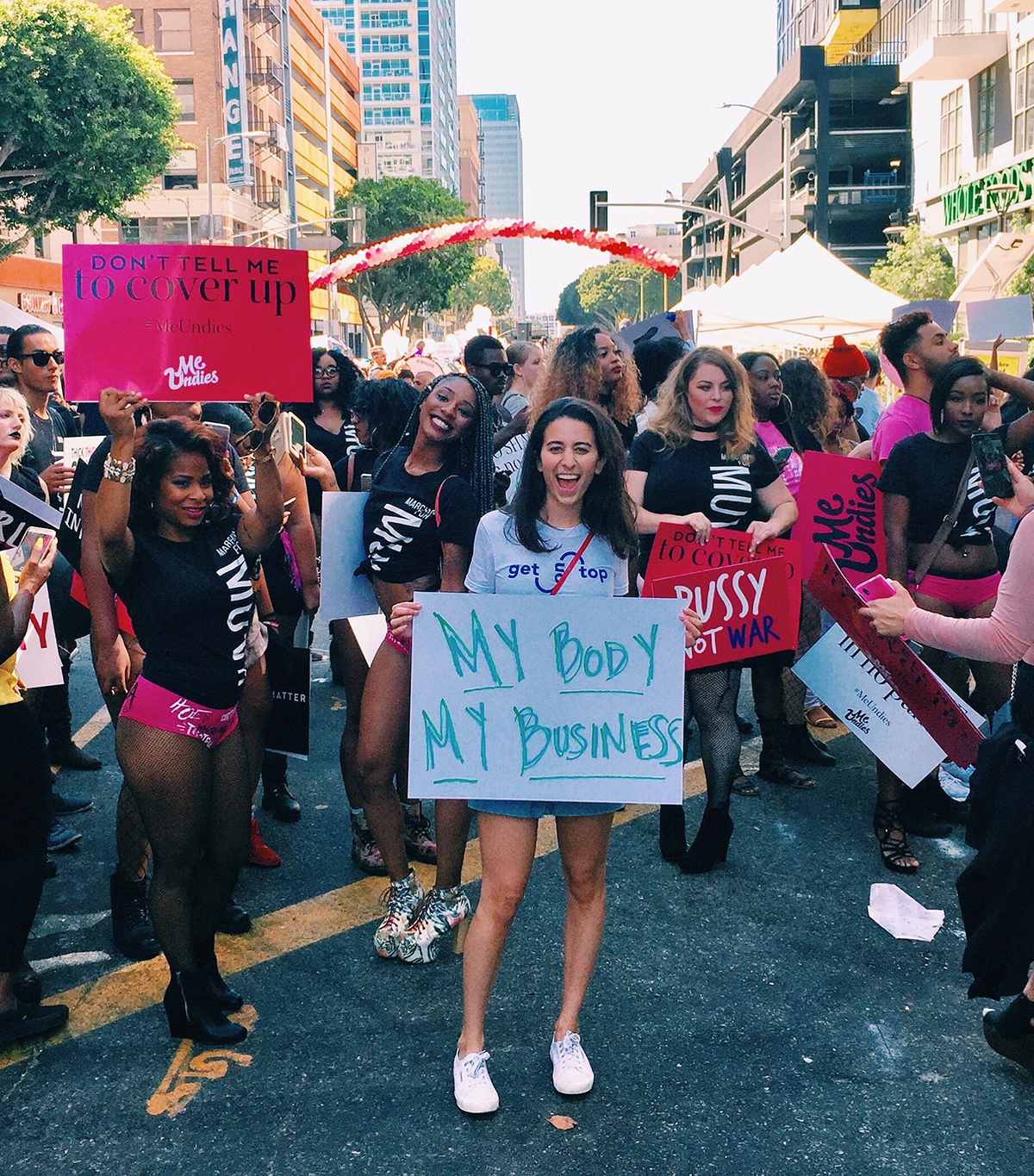
Talking about all of this reminds me that I’ve turned into the friend in my circle that everyone comes to for vagina advice now.
I feel the same way in terms of now everyone asks me everything, and I’m not a doctor. I’m not an expert. I’ve heard a lot about a lot now, so I feel very comfortable and more knowledgeable than I was five years ago, but it’s really powerful. Every day someone is coming up to me like, “I’m sure this is TMI, but—” It’s so powerful to make women feel comfortable asking these questions. I think it’s awesome.
Yeah, I like how it’s a more free-flowing, open dialogue between my friends and me. That was definitely not the case a few years ago, because everyone was still so shy about discussing things, but now we are always asking each other about what products we’re using.
Oh my god, even just talking about periods! I feel like a few years ago even in the office or in public, people were not like, “I have my period. I need a tampon.” Something so basic and so essential, people felt so uncomfortable about—myself included at some point in my life, not in the last few years. When I was growing up, it was something you hid. It’s so amazing for me to even hear my co-workers or people I’m surrounded by having so much more open conversation about this stuff. It’s so important.
How can women become more informed about sexual wellness? Where would you recommend that they look to get more information? Are there any particular websites or books that made an impact in your life personally?
This amazing book called Girls & Sex by Peggy Orenstein that I read a few years ago is a favorite of mine, not as much in educating yourself on sexual health but just understanding what young women are dealing with all across the country. It’s really powerful, and I highly recommend it. Bedsider is an awesome online resource about birth control, STDs, and all of that stuff. It’s super accessible. Planned Parenthood has great resources, and that’s obviously an organization that I support and that Sustain supports and works with a lot. I think even the media: The coverage of these topics has been so expanded in the last few years, and the coverage has been amazing. The content around this stuff has never been more accessible.
What are some easy steps that you think women can take to start taking back control of their sexual health if they haven’t already done so?
Currently we operate in a society where in the bedroom, we are mostly focused on male pleasure, and I think that the key to finding orgasm equality is through women educating themselves and taking the time to understand their body and what feels good.
How has your relationship with the wellness world evolved over time? How do you feel about the future of it, especially with the rise of influencers?
I think it’s awesome. Of course, I’ve been embraced by aspects of it for a long time. I think that in the early days, people were scared of condoms in terms of partnering with other brands or even certain influencers. We were only selling condoms, and people were sort of freaked out. I was definitely put in the same category as drugs and alcohol. There is a huge silver lining in my mind that came out of the 2016 election, and I think a much more impassioned, educated, and inspired national conversation around sexual health, reproductive rights, and sexual assault has really pushed forward a lot of these issues and enabled brands like Sustain to real, legitimate players in the wellness space and business community in a way that we were in a lot of ways not able to prior.
How have you been feeling as you’ve been seeing the #MeToo movement and Time’s Up campaign gain more traction?
I feel—and I’ve said this before—like there is a lot to be said about the pre-Trump glory days, but the reality is that all of this stuff was happening under Obama and many presidents before that. There is a huge, positive catapulting forward that has come out of this election and this particular president that we have right now because people feel a sense of urgency and individual responsibility to participate in this movement. I felt insecure being a leader and having a voice in this larger women’s rights movement before the election because I felt like, “Who am I? I’ve been building this company for a few years, and I don’t have a lot of experience. I’m not a doctor; I’m not a psychologist; who am I to be a voice on sexual health and wellness or reproductive rights?”
What this election has shown us is that if you’re a woman who’s had an experience, you have a voice and you need to use your voice. For me, it lifted a lot of the insecurity and empowered me to speak up, feel good about it, and feel like it’s a responsibility and a right that I have. These movements are so powerful. Obviously, there are going to be things that don’t get executed quickly among any of them, but women demanding equality has been something that’s a long trend for many decades. I think that moving into a world of sexual and reproductive quality was a new frontier that needed to happen.
So what's next for you and Sustain now that the book is out?
It’s funny—we’re talking about talking about sex, and we talk a lot about that, but we’ve never had any sort of physical interaction and space to enable these conversations. In April, we’re having our first physical location in New York City for about a week, and it’s really about bringing all of the conversations and education from the book to life and to have IRL conversations with our customers and be there to answer their questions. Obviously, we do a lot of that through customer service every day, but it’s something I’m really, really excited and passionate about. In a way, it feels like it’s finally the right time, but it’s also long overdue, so this insane physical experience, as we’re calling it, is coming in mid-April, so that’s definitely the next big thing on my plate.
Disclaimer
This article is provided for informational purposes only and is not intended to be used in the place of advice of your physician or other medical professionals. You should always consult with your doctor or healthcare provider first with any health-related questions.
-
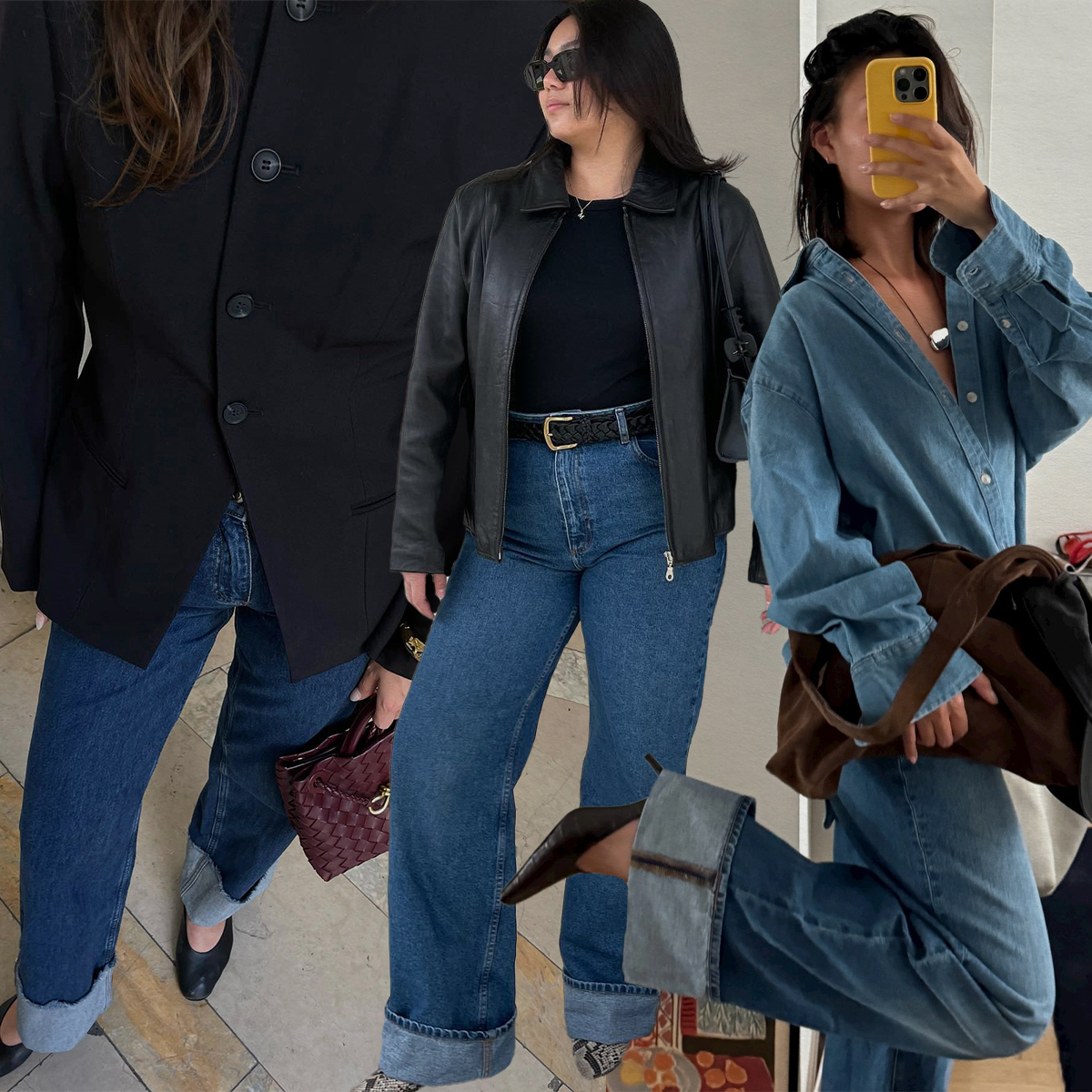 I Called the Cuffed Jeans Trend—7 Shoes Fashion People Are Wearing With the Chic Denim Style
I Called the Cuffed Jeans Trend—7 Shoes Fashion People Are Wearing With the Chic Denim StyleStyle the jeans like a fashion person.
By Jennifer Camp Forbes
-
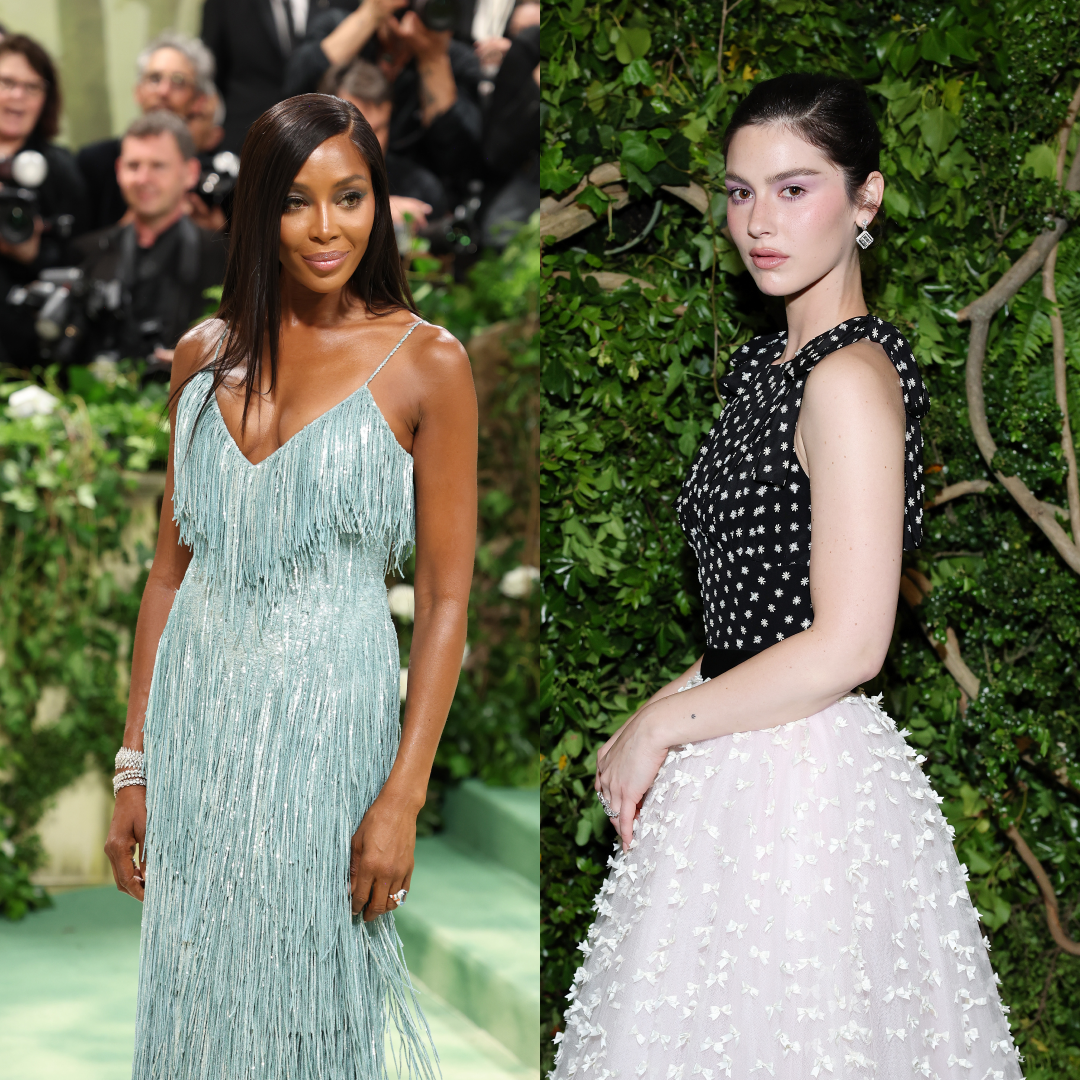 All Your Favorite Celebs Book This Lymphatic Drainage Expert Before Events—I Scored Her At-Home Tips
All Your Favorite Celebs Book This Lymphatic Drainage Expert Before Events—I Scored Her At-Home TipsGenius de-puffing tricks ahead.
By Jamie Schneider
-
 20 Holiday Gifts That Are on the Spicier Side
20 Holiday Gifts That Are on the Spicier SideFor your partner (or yourself).
By Sarah Yang
-
 The 21 Best Sexual Wellness Products to Make Your Sex Life Better
The 21 Best Sexual Wellness Products to Make Your Sex Life BetterTake charge.
By Sarah Yang
-
 Here's How to Navigate Your Sex Life in Quarantine, According to the Experts
Here's How to Navigate Your Sex Life in Quarantine, According to the ExpertsWhether you're single or in a relationship.
By Sarah Yang
-
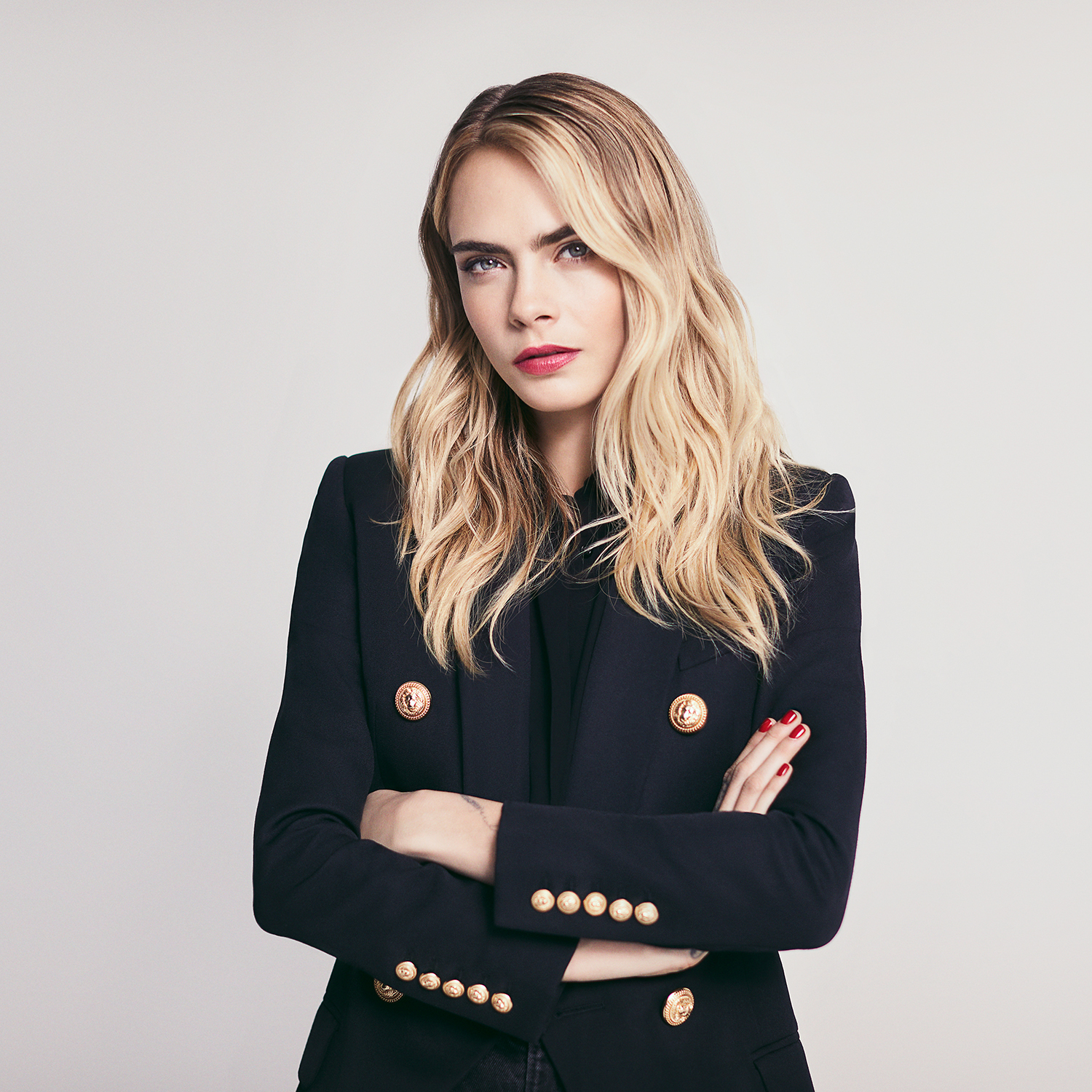 Cara Delevingne Wants You to Embrace Your Sexuality
Cara Delevingne Wants You to Embrace Your SexualityInside the actress and model's latest venture.
By Sarah Yang
-
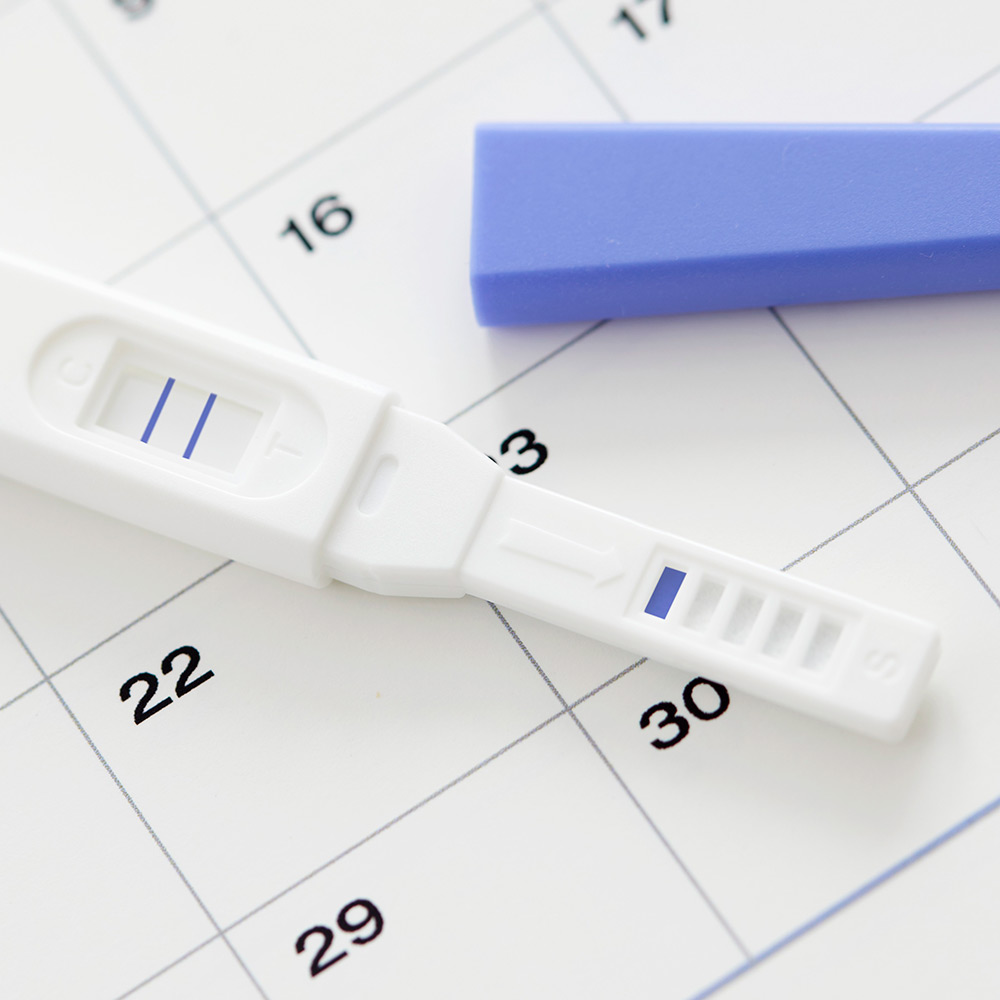 The 7 Best and Smartest Fertility Apps
The 7 Best and Smartest Fertility AppsThese are the ones to download.
By Sarah Yang
-
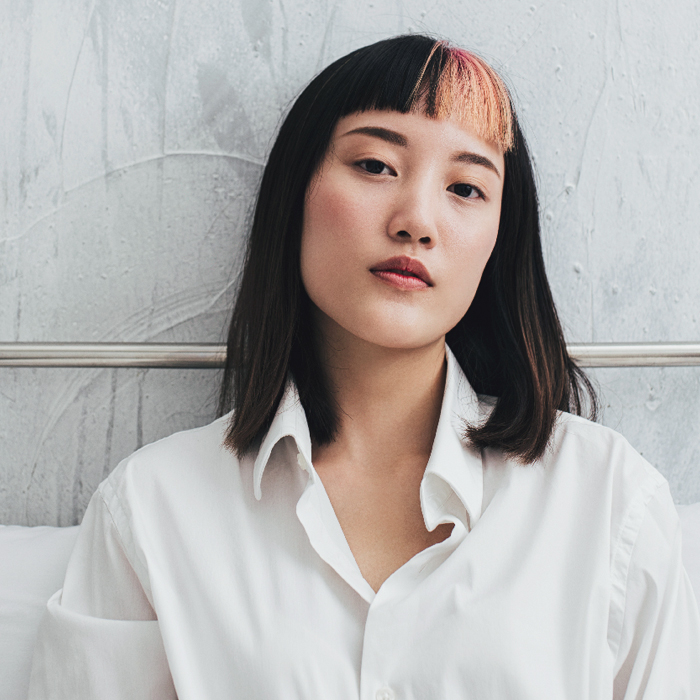 These Are the Real Effects of Plan B, According to Gynecologists
These Are the Real Effects of Plan B, According to GynecologistsBusting a ton of myths here.
By Amanda Montell
-
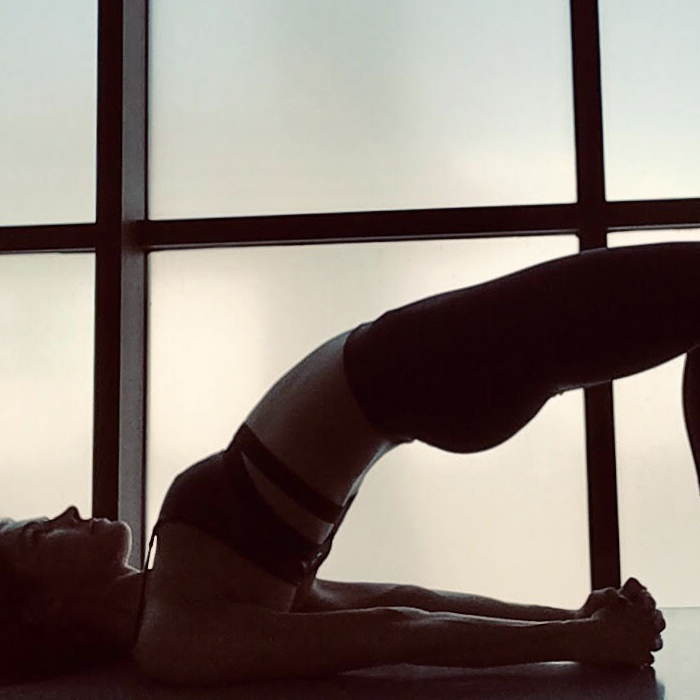 3 Easy Yoga Poses That Will Make Sex Better
3 Easy Yoga Poses That Will Make Sex Better*Smirk emoji*
By Amanda Montell
-
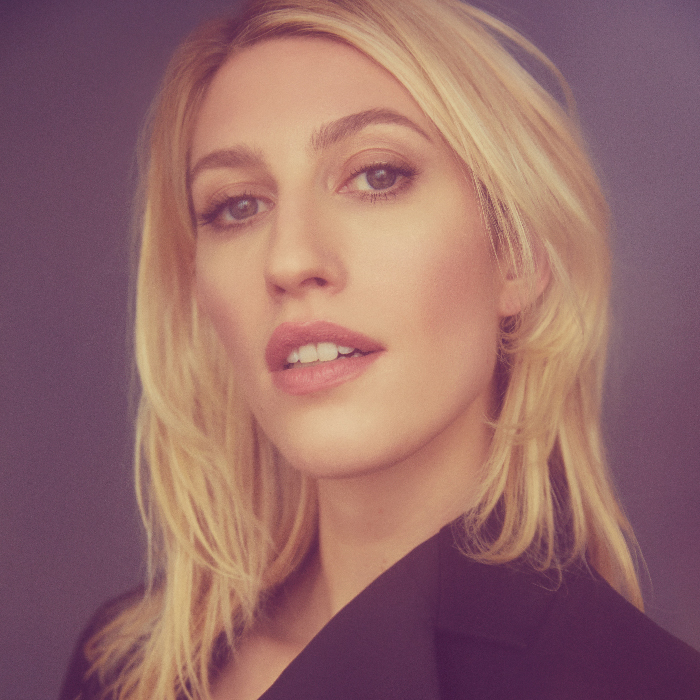 We Asked a Sex Columnist for Her Best Advice on How to Be a "Safe Slut" in 2019
We Asked a Sex Columnist for Her Best Advice on How to Be a "Safe Slut" in 2019Slutever's Karley Sciortino gets super real here.
By Amanda Montell
